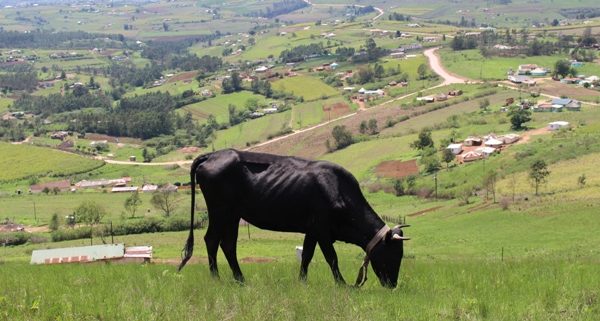Animal health: Knowlegde is power
The problem with keeping animals healthy and disease-free in rural areas is not so much about lack of accountability but rather a lack of knowledge and access to basic animal healthcare and common stock remedies. Animal health company Afrivet is committed to helping farmers overcome these challenges.
“If a farmer with 10 animals loses a single animal, he has lost 10% of his asset.” That is how Afrivet consultant Professor Abdalla Latif, an ectoparasite and tick-transmitted disease expert, highlights the serious productive and financial consequences of failure to treat livestock for illness and injury timeously. It goes without saying that a loss of 10% would have a profound effect on farm profitability: imagine if you kept a herd of 1 000 animals and 100 died…
Ratselane Marumo, sales and marketing manager at Afrivet, says farmers can take accountability for their livestock by observation their animals on a daily basis. Gaining visual experience from watching their animals gives them the ability to pick up small but possibly significant changes in individual animals.
This is an invaluable diagnostic tool and makes early disease detection possible. The next step is immediate treatment, which saves money, time, energy and lives. Left too long, the problem is likely to progress and become untreatable – and even fatal.
Afrivet teaches farmers how to use the Primary Animal Health Care (PAHC) programme, which is founded on ongoing observation. The PAHC programme focuses on region-specific diseases and advises the use of commonly available stock remedies.
Disease prevention through vaccination is part of the farmer’s responsibility to their livestock, their neighbours and their community. Ignoring compulsory vaccinations like the vaccine against CA (contagious abortion, or brucellosis) is risky and irresponsible, and leads to the widespread outbreaks currently being experienced in South Africa.
Access to knowledge, expertise and treatment makes a huge difference to the ability of farmers to take accountability for their animals and their livelihoods.
For more information, visit afrivet.co.za




Leave a Reply
Want to join the discussion?Feel free to contribute!